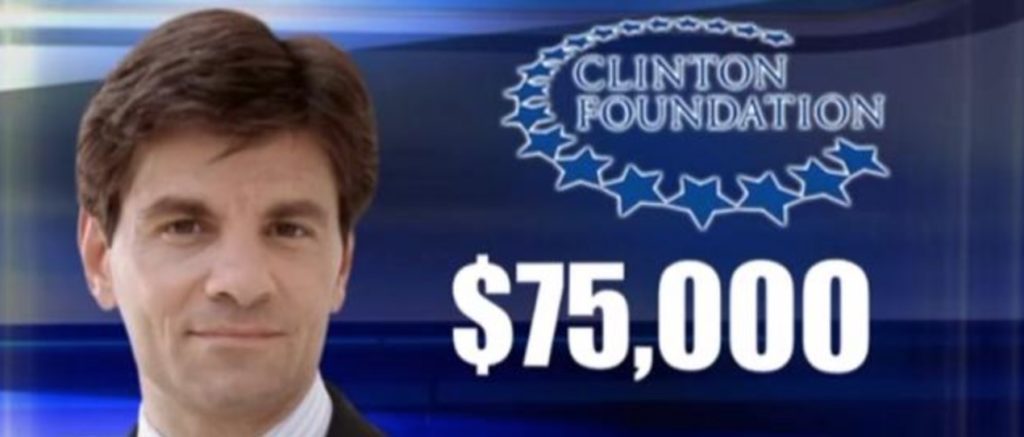Ben Domenech's opening thoughts in today's Transom (which you should subscribe to if you haven't already):
Over the past thirty years, we’ve witnessed the ideological sorting of the two parties. The conservative Democrats and liberal Republicans have slowly but surely been dispatched from both parties, leaving a much clearer divide between left-moderate and right-moderate groups. The cultural elite, academia, and the media have at the same time become more free to blast away unrelentingly at the right, bereft as it is of any reasonable voices and consisting of a population with which they have fewer and fewer things in common – not church, not NASCAR, and definitely not reality TV. It’s a lot easier to consider people to be nuts when you have no shared priorities, language, or activities.
The result has been a society in which the cultural elite, the academy, and the media are all pretty much on the same team – not just in an ideological sense, but in a partisan one. And it’s this latter fact which leads to all sorts of problems for the right, as conservatives become more resentful and frustrated at the prospect of never getting a fair shake. This is not news – the George Stephanopoulos thing is just the latest example. What is more interesting and less noticeable to this point is the problems this clear demarcation of “teams” creates for the left – a major change in the partisan moral hazard for Democrats.
This is what’s so amazing about the Clinton Foundation’s activity and the coverage of it, as well as the coverage of a host of Democratic scandals of small and large order over the past few years. Could a conservative academic identify as an American Indian and still become a party leader? Could a prominent conservative journalist donate tens of thousands of dollars to a politician’s foundation and fail to disclose that while strongly and repeatedly defending them onair? Could a conservative Secretary of State have a spouse and Foundation taking money while at the same time greeting the same people as they lobbied her office and not be politically toast?
The point is not that a conservative scholar, journalist, or statesman is above such things. Of course many are not! But the point is that the consequences for them would be very different than the consequences for those politicians and figures who are on the correct team. What becomes a career-ender for those on the right is merely an embarrassing month for the left. And this is an indication that the risks for those on the left are now dramatically different than they are those on the right. They know the media will not hold them to account the same way as they do those on the wrong team.
This is all you need to understand about Hillary Clinton’s treatment of the media, Barack Obama’s total flip-flop on transparency, or Harry Reid’s “Romney paid no taxes” lie. They do these things and get away with them because they know they can. The media won’t bury the story completely of course – one still has to write about stained dresses, after all, as the people demand – but the more intricate and less salacious the scandal, the more likely you can get away with it as a politician on the left. (There are expections: David Vitter is still around, and Mark Sanford too, but Aaron Schock isn’t.)
The point is that leading liberals just don’t have to price in the same risk-cost analysis for their actions. This moral hazard problem creates more distrust of the media, and allows bad actors to go further in their behavior, undermining the very aspect of a free press that we need in a time of mistrust for so many American institutions. The media has it in its power to check the temptations to corruption among elected officials, but increasingly they are only checking those temptations among one party. That’s not going to prove a victimless editorial choice in the long run. And 2016 may present us with the most obvious case of this problem yet.
It likely will.
It seems to me that The Big Sort has produced a dynamic in America at large that's very much like that created by corrupt police departments in major cities like Baltimore, with similar results:
- Almost half the community feels disenfranchised and marginalized.
- Members of the favored group are rarely held accountable for their actions the same way members of the disenfranchised group are.
- The dynamic breeds resentment and cynicism among the disenfranchised, arrogance and entitlement among those in the favored group, and fear of the other side in both groups.
This is about the last thing we need in America today, but it's what we have.

No comments:
Post a Comment